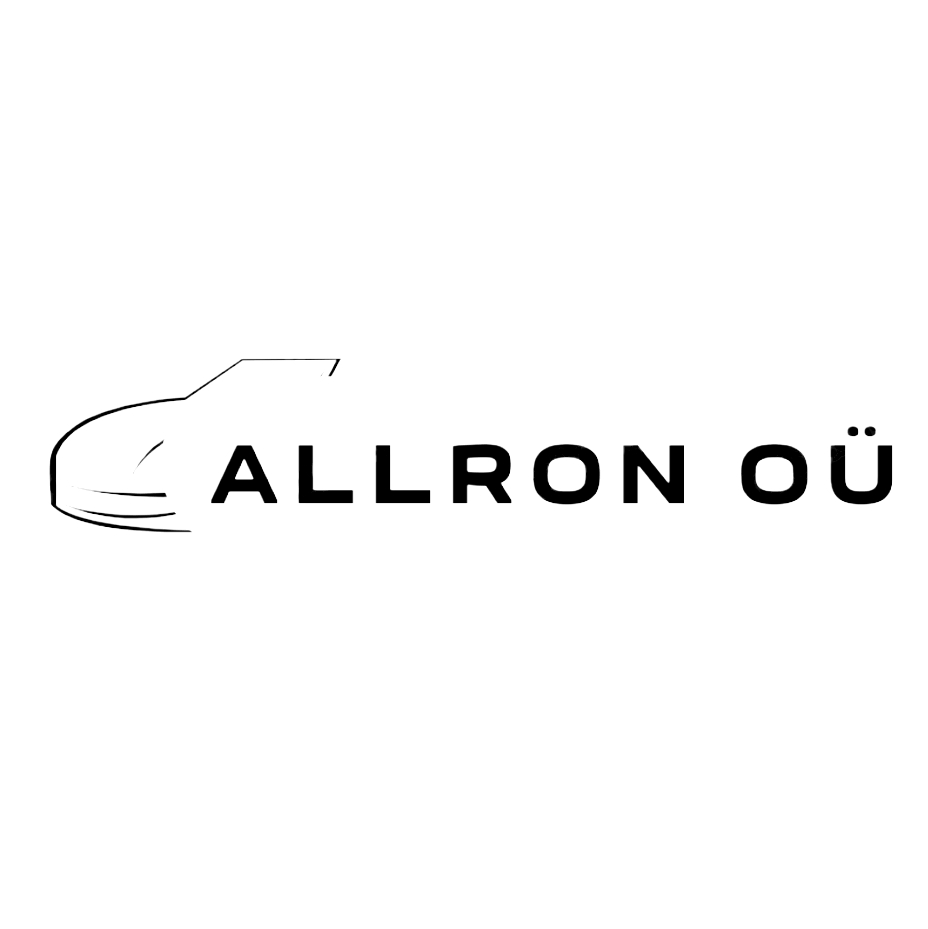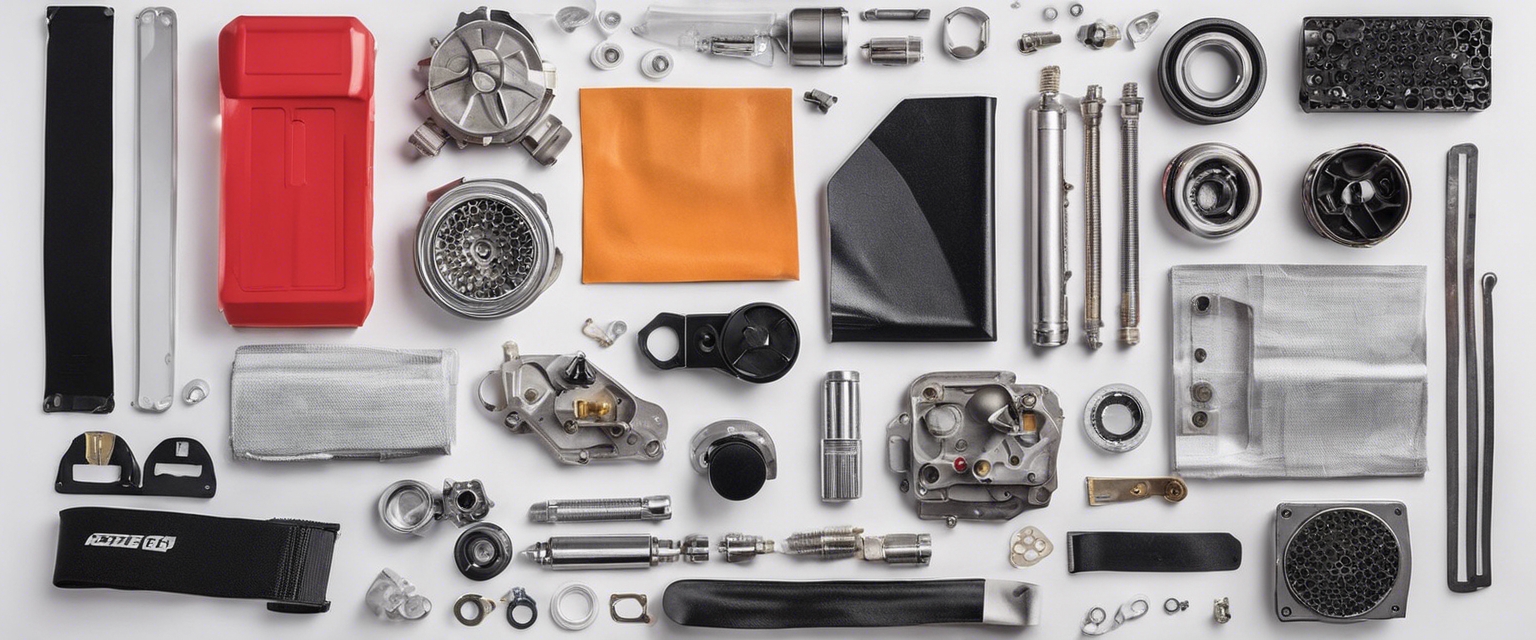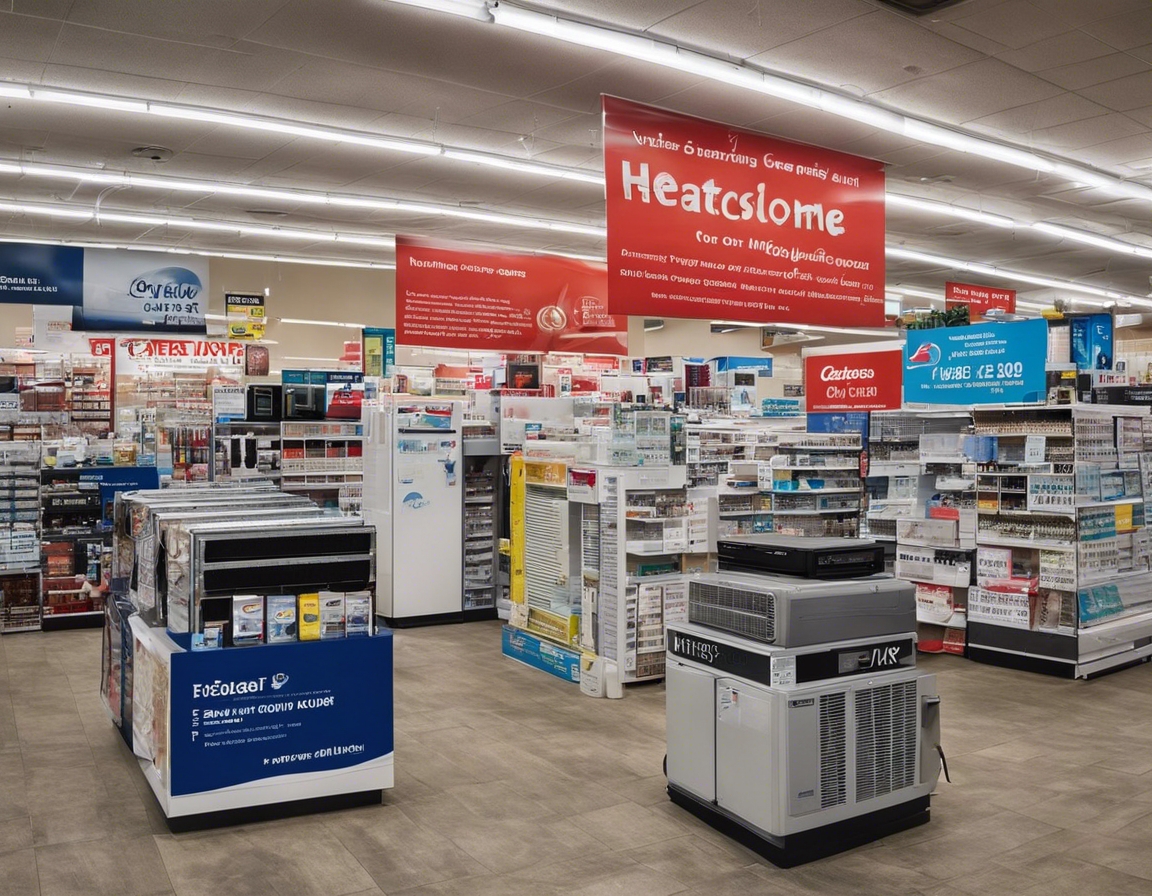5 signs you need to upgrade your air conditioning
As seasons change and temperatures fluctuate, a reliable air conditioning system becomes an essential component of any comfortable home or workplace. However, like any other appliance, air conditioners have a finite lifespan and may eventually require an upgrade. Recognizing the signs that your air conditioning system needs to be replaced can save you from discomfort, high energy bills, and potential health risks.
Understanding the Importance of Efficient Air Conditioning
Air conditioning is not just about keeping a space cool; it's about creating a controlled, comfortable environment. A well-functioning AC system reduces humidity, maintains a consistent temperature, and filters out pollutants, which is crucial for both comfort and health.
Upgrading to a modern, energy-efficient air conditioning system can have significant environmental and economic benefits. Newer models are designed to use less energy, which reduces your carbon footprint and can lead to substantial savings on energy bills.
Sign #1: Inconsistent Temperatures and Poor Performance
If you notice that your air conditioning is struggling to maintain a consistent temperature, or certain rooms are significantly warmer or cooler than others, it could be a sign that your system is failing.
Inconsistent temperatures not only affect comfort but also force your AC to work harder, which can lead to higher energy bills and a shortened lifespan for your system.
Sign #2: Frequent Repairs and Maintenance Issues
It's normal for an air conditioning system to require occasional repairs, but if you find yourself calling for service more often than usual, it's a clear indicator that your system may be on its last legs.
When the cost of repairs begins to approach the price of a new system, it's time to consider an upgrade. Investing in a new AC can be more cost-effective in the long run.
Sign #3: Your AC System is Over a Decade Old
Most air conditioning systems are designed to last between 10 to 15 years. If your system is approaching or has surpassed this age range, it's likely time for an upgrade.
Newer air conditioning models come with advanced features such as programmable thermostats, variable speed motors, and smart home compatibility, which can enhance comfort and efficiency.
Sign #4: Rising Energy Bills
Older air conditioning units are less efficient and consume more energy. If you've noticed a steady increase in your energy bills, it could be due to an aging AC unit that needs replacing.
Modern AC systems have higher SEER (Seasonal Energy Efficiency Ratio) ratings, which means they are more energy-efficient and can lead to lower energy costs.
Sign #5: Poor Air Quality and Excessive Noise
An old or malfunctioning air conditioning system may not effectively filter out dust, pollen, and other pollutants, which can compromise indoor air quality and lead to health issues.
Excessive noise from an AC unit can be a sign of mechanical problems or inefficiency. Newer models are designed for quiet operation, contributing to a more peaceful environment.






Comments (0)